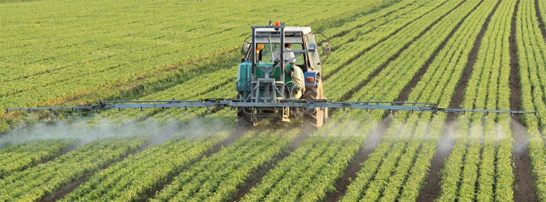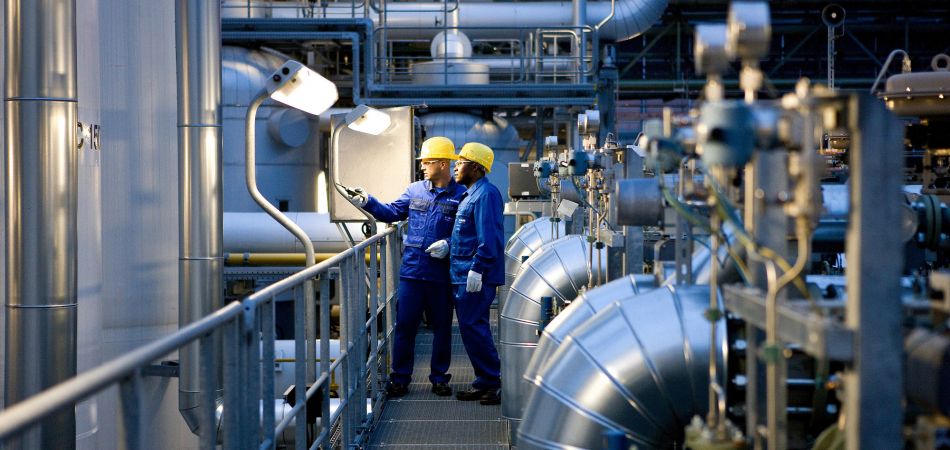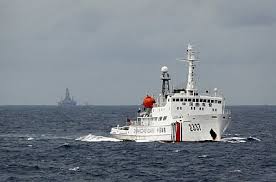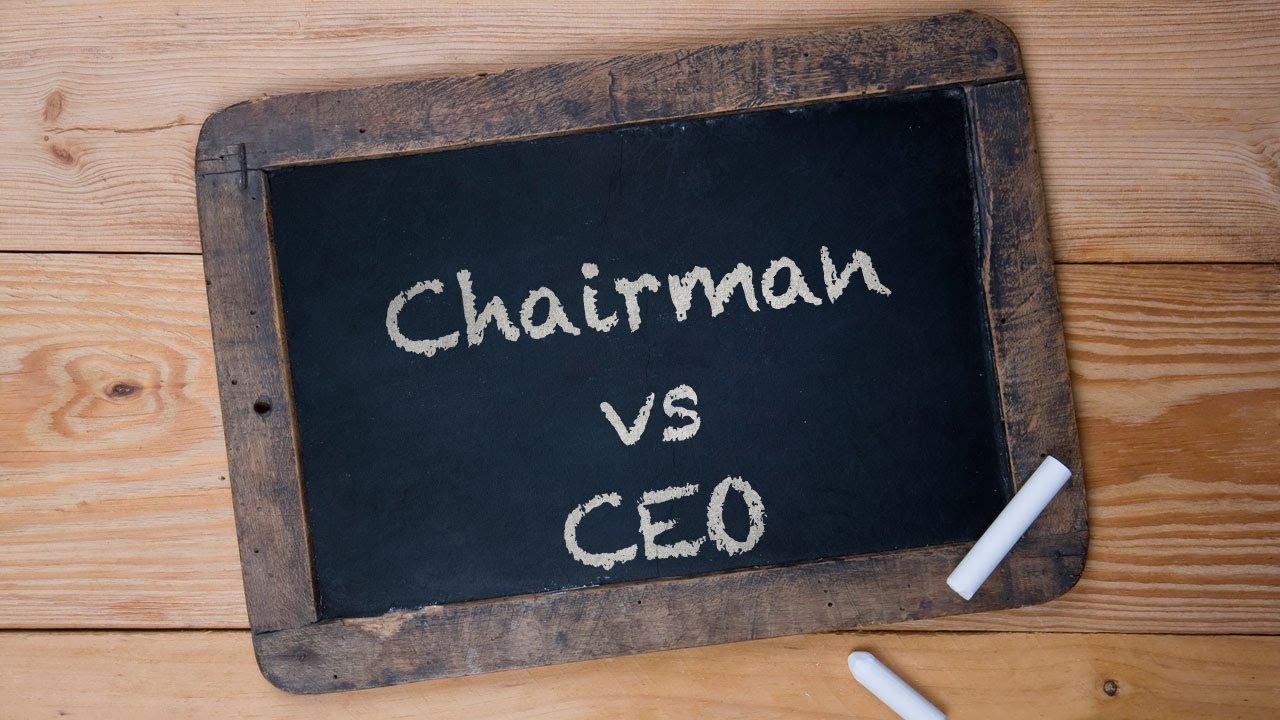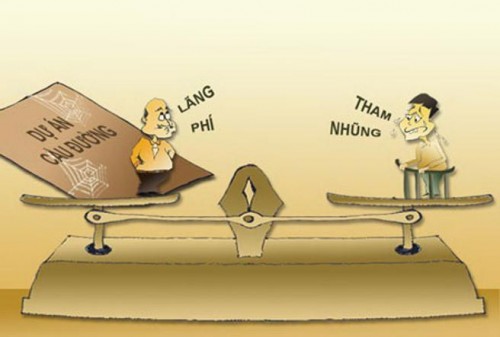This is the content of the Law No.55/2014/QH13 on Environmental Protection passed by the National Assembly on June 23, 2014.
Accordingly, beside the requirements that organizations and individuals that import discarded materials must have separate warehouses and storing yards which satisfy environmental protection conditions for storing discarded materials or have technologies and equipment for recycling and reuse of discarded materials and removal of impurities from discarded materials to comply with environmental technical regulations.
Organizations and individuals that import discarded materials must import only discarded materials for use as production materials; remove impurities from discarded materials to comply with environmental technical regulations; refrain from donating from selling impurities in discarded materials; re-export discarded materials failing to comply with environmental technical regulations; in case the re-export is impossible, these discarded materials shall be disposed of under regulations on waste management or pay collaterals for imported discarded materials under regulations of the Government.
At the same time, the Law also approves the import of used seagoing ships, however, the used seagoing ships must comply with environmental technical regulations. The Government shall specify subjects eligible and conditions for import and dismantlement of used seagoing ships.
To the environmental protection plans, owners of projects or production, business or service plans shall elaborate environmental protection plans and send them to competent agencies for examination and certification before implementing such projects or plans. In the case that these projects’ or plans’ implementation places are relocated and are not implemented within 24 months after environmental protection plans are certified, the project owner must re-elaborate and re-register environmental protection plans for investment projects or production, business or service plans.
Production, business and service establishments must collect and treat wastewater according to environmental technical regulations; collect, sort, store, treat and dispose of solid wastes in accordance with law; minimize, collect and treat dust and emitted gases; prevent leakage and dispersion of toxic gases into the environment; limit noise, vibration, light and heat emission with adverse impacts on the surrounding environment and workers; ensure sufficient resources and equipment for the prevention of and response to environmental incidents. Production, business and service establishments that generate large volumes of waste which are likely to seriously impact the environment must have specialized sections or employees in charge of environmental protection; and have their environmental management systems certified under the Government’s regulations.
This Law takes effect on January 01, 2015.







